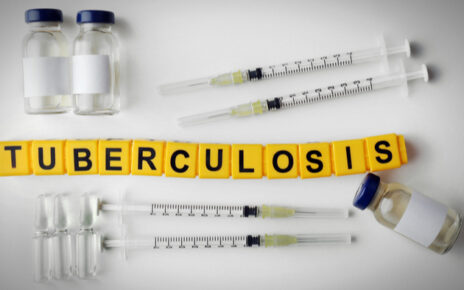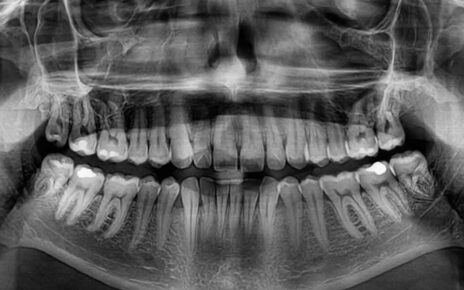Your path to a confident smile begins with understanding how gum health affects dental implants. Healthy gums provide a strong foundation for implants, allowing them to stay secure and functional. Without strong gums, implants are more likely to fail. This is why Long Island dentist emphasizes the importance of maintaining gum health both before and after the implant procedure. Attention to gum care boosts healing and helps your implants last longer. You can achieve this by following simple, daily cleaning practices. Regular check-ups are also crucial, as they allow for early detection and treatment of any issues. Think of your gums as the unsung heroes in the journey to a successful smile transformation. When you take care of them, you’re investing in the future of your oral health. Your best defense lies in prevention and routine care, so start nurturing your gums today for a lasting smile tomorrow.
Understanding Gum Disease
Gum disease is a common issue that affects many people. It starts with plaque, a sticky film of bacteria that forms on your teeth. If not cleaned, plaque hardens into tartar, leading to gingivitis, which is the earliest stage of gum disease. With gum disease, you might notice red, swollen gums that bleed during brushing. If untreated, it can progress to periodontitis, a more severe form of gum disease. This condition damages the soft tissue and bone that support your teeth, leading to tooth loss.
The Role of Healthy Gums in Dental Implants
Strong gums are essential for successful dental implants. They provide the necessary support and blood supply critical for healing. Implants need healthy gum tissue to integrate with the jawbone properly. If gum disease is present, it can lead to inflammation and infection, preventing implants from anchoring securely. This highlights the need for a dental cleaning routine and regular check-ups to ensure gums remain healthy.
Preventive Measures for Gum Health
Keeping your gums healthy involves regular brushing and flossing. Use a soft-bristled toothbrush and brush at least twice daily. Flossing helps remove food particles between teeth that brushing might miss. Regular dental visits are also essential. Your dentist can catch early signs of gum disease and provide treatment to prevent it from worsening.
Comparing Healthy and Unhealthy Gums
| Healthy Gums | Unhealthy Gums |
|---|---|
| Pale pink color | Red, swollen appearance |
| Firm to the touch | Soft, tender to touch |
| No bleeding during brushing | Bleeding during brushing or flossing |
| No pain or discomfort | Sensitivity or pain present |
The Impact of Gum Health on Implant Success
Your gum health directly affects how well dental implants function over time. A study from the National Institute of Health found that people with healthy gums before implant surgery had higher success rates. This is because their gums provided a stable environment for the implants. In contrast, those with existing gum disease experienced complications such as infections and implant failure.
Steps to Improve Gum Health
Improving gum health doesn’t require complex routines. Here are three simple steps to incorporate into your daily life:
- Brush and floss regularly to remove plaque.
- Use an antibacterial mouthwash to reduce bacteria.
- Schedule regular dental check-ups for professional cleanings and evaluations.
Conclusion
Focusing on gum health is essential for anyone considering or currently having dental implants. Strong gums ensure implants are secure and long-lasting. By following a consistent oral hygiene routine, you not only preserve your gums but also enhance your overall oral health. Remember, your gums play a crucial role in the success of your dental implants. Take proactive steps to maintain them, and you will support your smile for years to come.





